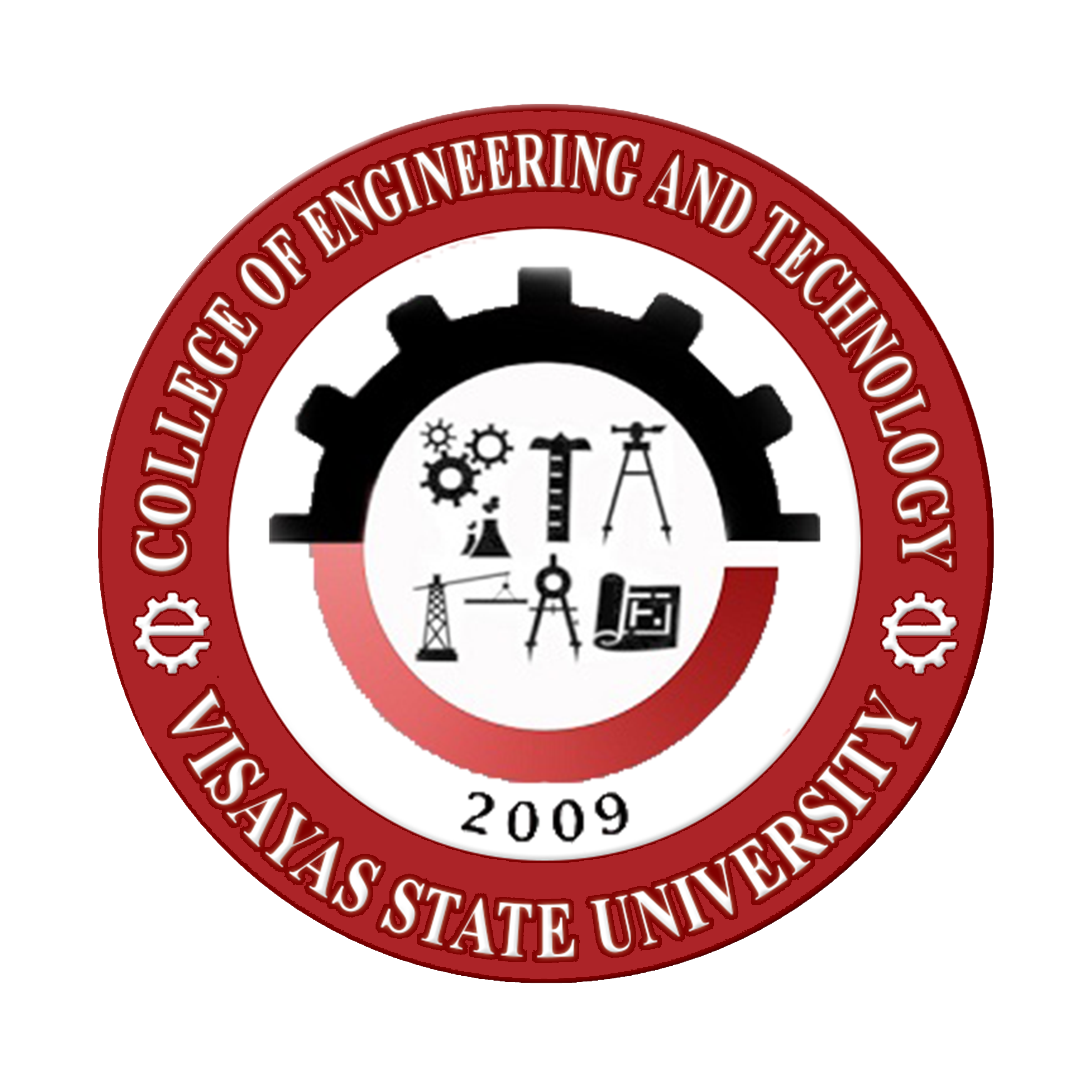Bachelor of Science in Computer Science

The Department
The Department of Computer Science and Technology (DCST) was established on March 2002. It originated as a Computer Science and Statistics Section of the now defunct Department of Agricultural Engineering and Applied Mathematics. With the conversion of the Visayas State College of Agriculture (ViSCA) into VSU, the section was developed into an academic department and is now one of the five departments under the College of Engineering. The Bachelor of Science in Computer Science program was approved by the VSU Board of Regents on February 8, 2002 under Resolution No. 17 series of 2002 and was formally offered by DCST in the first semester of SY 2002 – 2003.
DCST aims to equip students with the technical know-how in software development. Students enrolled in this program will be able to apply computer science theory in practical situations, and understand the social and ethical issues that arise from the increased use of technology in the society.
Goals
- Excellent and relevant education in computer science and technology;
- Generate appropriate knowledge in Information and Communications Technology relevant to agricultural production, processing, utilization, technology generation and dissemination;
- Sustainable linkages and cooperation with public and private institutions in instruction, research and developments and extension;
- Dynamic linkages with other agencies and institutions for the promotion of instruction, research, extension programs in computer science and allied fields; and
- Sustained linkages among the various units within the university to support developmental programs.
Objectives
- Those employed in industry or entrepreneurial endeavors will demonstrate professional advancement through expanded leadership responsibility, significant technical accomplishment, or other recognition of their contributions.
- Those who continue their formal education will achieve an advanced degree or other technical certification.
Program Educational Objectives
Program Educational Objectives (PEOs) are statements that describe what graduates are expected to achieve within 3-5 years after graduation. These program objectives are based on the university’s Vision and Mission, and the needs of its constituencies. The following are the PEOs of the Department of Computer Science and Technology:
- Articulate and discuss the latest developments in the specific field of practice.
- Work effectively and independently in multi-disciplinary and multicultural teams.
- Analyze complex problems, and identify and define the computing requirements needed to design an appropriate solution.
- Apply computing and other knowledge domains to address real-world problems.
- Design and develop computing solutions using a system-level perspective.
- Utilize modern computing tools.
Those employed in industry or entrepreneurial endeavors will demonstrate professional advancement through expanded leadership responsibility, significant technical accomplishment, or other recognition of their contributions.
Those who continue their formal education will achieve an advanced degree or other technical certification.
Program Outcomes
a. Apply knowledge of computing fundamentals, knowledge of a computing specialization and mathematics, science and domain knowledge appropriate for this computing specialization to the abstraction and conceptualization of computing models from defined problems and requirement;
b. Identify, analyze, formulate, research literature and solve complex computing problems and requirements reaching substantiated conclusions using fundamental principles of mathematics, computing sciences and relevant domain disciplines;
c. Apply mathematical foundations, algorithmic principles and computer science theory in the modelling and design of computer-based systems in a way that demonstrates comprehension of the tradeoffs involved in design choices;
d. Knowledge and understanding of information security issues in relation to the design, development and use of information systems;
e. Design and evaluate solutions for complex computing problems, and design and evaluate systems, components or processes that meet specified needs with appropriate consideration for public health ad safety, cultural, societal, and environmental considerations;
f. Create, select, adapt and apply appropriate techniques, resources and modern computing tools to complex computing activities with an understanding of the limitations to accomplish a common goal;
g. Function effectively as an individual and as a member or leader in diverse teams and in multidisciplinary settings;
h. Communicate effectively with the computing community and with society at large about complex computing activities by being able to comprehend and write effective reports, design documentation, make effective presentations and give and understand clear instructions;
i. Recognize the legal, social, ethical and professional issues involved in the utilization of computer technology be guided by adoption of appropriate professional, ethical and legal practices; and
j. Recognize the need and the ability to engage in independent learning for continued development as a computing professional.
Sample Job Titles for BSCS Graduate
- Application analyst
- Applications developer
- Cyber security analyst
- Data analyst
- Database administrator
- Forensic computer analyst
- Game designer
- Game developer
- Information systems manager
- IT consultant
- IT sales professional
- IT trainer
- Computer Science educator
- Nanotechnologist
- Network engineer
- Quality assurance specialist
- Researchers in computing research institutions
- Software engineer
- Systems analyst
- UX designer
- Web designer
- Web developer
Learning Resources and Facilities
Academy





